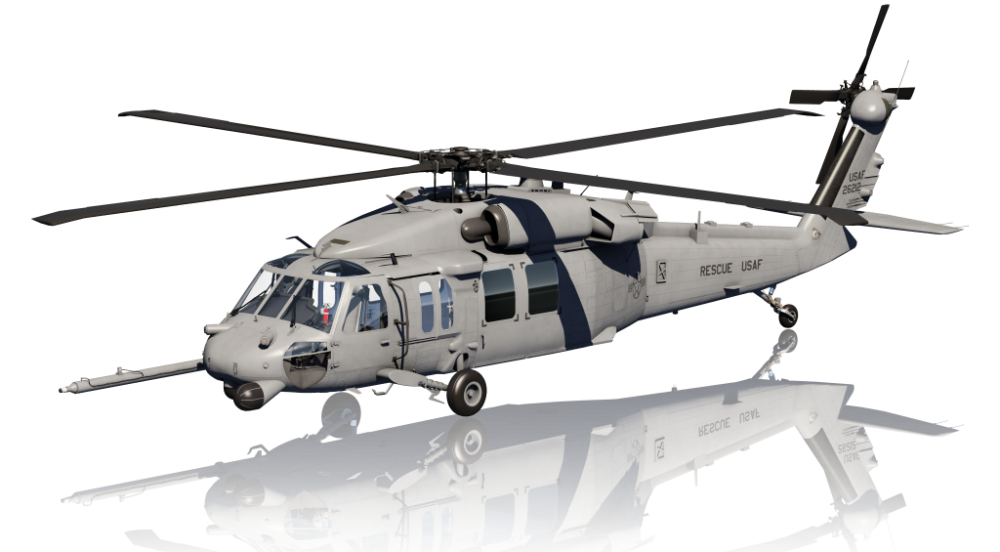The Impact of Sustainable Practices on the Future of Airplane Operations and Emissions Decrease
As the aviation market encounters increasing scrutiny over its environmental influence, the adoption of lasting methods arises as an important pathway towards future aircraft operations and emissions reduction. Innovations in lasting air travel gas and advancements in crossbreed propulsion innovations stand at the forefront of this makeover, appealing substantial decreases in greenhouse gas emissions.

Overview of Sustainable Practices
Lasting techniques in airplane procedures encompass an array of methods targeted at minimizing environmental impact while maintaining functional performance. These methods are essential in the aeronautics sector's commitment to lessening its carbon impact and adhering to international environmental requirements. Secret campaigns include optimizing flight paths to lower fuel intake, improving upkeep procedures to make sure airplane operate at peak effectiveness, and implementing advanced innovations such as winglets and light-weight materials that improve aerodynamics.

Training and involving staff on sustainability methods additionally play a crucial role, cultivating a culture of ecological obligation within companies. On the whole, the combination of these lasting methods not only assists lower exhausts but likewise improves the long-lasting practicality of the aviation market, ensuring it satisfies the needs of both consumers and regulative bodies while adding to worldwide sustainability goals.
Innovative Gas Alternatives
Various cutting-edge fuel alternatives are becoming crucial solutions to decrease the air travel market's dependence on typical fossil fuels. Among these options, Sustainable Air travel Gas (SAFs) have actually gained significant interest because of their potential to reduce lifecycle greenhouse gas discharges by approximately 80% contrasted to traditional jet fuels. SAFs are stemmed from different feedstocks, including waste oils, agricultural residues, and even algae, making them a functional alternative for the sector.
One more appealing alternative is hydrogen fuel, which, when used in gas cells, creates only water vapor as a result. This zero-emission possible presents a considerable chance for decarbonizing trip procedures, especially for short-haul flights and regional aircraft. In addition, electrical propulsion systems are being checked out, leveraging battery innovation to power aircraft. While current battery capacity restrictions variety and haul, continuous improvements may soon provide electrical trips feasible for particular applications - uh 60.
Lastly, biofuels stemmed from biomass are being investigated, providing an eco-friendly alternative that can be combined with conventional fuels. Collectively, these cutting-edge fuel alternatives represent a crucial action toward attaining a lasting aeronautics environment, aligning with worldwide emissions decrease targets and enhancing the industry's environmental stewardship.
Technological Advancements in Aviation

Just how can technological advancements reshape the future of air travel? Technologies such as electric and hybrid propulsion systems are at the forefront, appealing substantial decreases blog here in gas intake and greenhouse gas exhausts.
Moreover, the execution of sophisticated products, such as lightweight compounds, contributes to improved the rules of aerodynamics and fuel effectiveness. The use of artificial knowledge and artificial intelligence in flight procedures maximizes route preparation and lowers fuel burn by allowing real-time adjustments based on climate and traffic problems. Furthermore, the growth of autonomous and from another location piloted airplane systems stands to change cargo and guest transport, potentially enhancing efficiency while reducing human mistake.
Furthermore, sustainable air travel modern technologies, including sophisticated air web traffic administration systems, can simplify procedures and lower congestion, bring about reduced emissions during flight. These innovations jointly represent a paradigm shift in aviation, guaranteeing a future where sustainability and functional performance are linked, consequently sustaining the industry's commitment to minimizing its ecological influence.

Governing Framework and Conformity
Taking into account the expanding focus on environmental stewardship within the aeronautics sector, the regulative structure regulating airplane operations is advancing to advertise lasting techniques. Regulative bodies, such as the International Civil Air Travel Organization (ICAO) and numerous national aeronautics authorities, are introducing rigid standards focused on lowering exhausts and improving operational effectiveness.
These regulations typically include the fostering of Sustainable Air travel Fuel (SAF), which has been identified as a crucial component in attaining lower carbon impacts. a knockout post Conformity with these laws requires airline companies to carry out operational methods and innovative modern technologies, such as optimized flight paths and enhanced air traffic monitoring, to decrease fuel usage.
Additionally, the enforcement of exhausts trading plans and carbon countering initiatives is coming to be increasingly common, engaging airline companies to keep track of and report their discharges accurately. Non-compliance can lead to considerable charges, therefore pushing operators to focus on sustainability in their business designs.
Ultimately, the advancing regulatory landscape not just drives technology and investment in environment-friendly modern technologies but also promotes a culture of responsibility within the aeronautics sector. As these structures continue to establish, the concentrate on sustainable practices will be essential to accomplishing the industry's long-lasting ecological goals.
Future Trends in Airplane Operations
As the aviation industry adapts to an increasingly strict governing atmosphere, future trends in airplane operations are established to concentrate on cutting-edge remedies that additionally improve sustainability and effectiveness - uh 60. Secret developments will likely consist of the fostering of advanced air website traffic monitoring systems, which utilize real-time data and expert system to optimize trip paths, lowering fuel usage and discharges
Another significant fad is the boosted assimilation of lasting aviation gas (SAFs) These alternatives to standard jet gas, acquired from renewable resources, can substantially reduce lifecycle greenhouse gas exhausts. The market's commitment to SAFs will likely accelerate as airlines collaborate with gas manufacturers to make sure schedule and cost-effectiveness.
In addition, the push in the direction of electrification and crossbreed propulsion systems is obtaining momentum. Emerging airplane designs will certainly integrate these modern technologies, offering quieter and a lot more efficient operations, specifically for short-haul flights.
Verdict
The adoption of sustainable aviation fuels, coupled with improvements in hybrid and electrical propulsion systems, is necessary for decreasing lifecycle greenhouse gas discharges. visit the site Maximizing flight paths and welcoming cutting-edge innovations contribute to a quieter and a lot more ecologically friendly aviation sector.
Developments in sustainable air travel gas and improvements in hybrid propulsion modern technologies stand at the center of this change, encouraging considerable decreases in greenhouse gas exhausts.Countless cutting-edge gas options are arising as pivotal remedies to minimize the aeronautics industry's reliance on typical fossil fuels - uh 60. Amongst these options, Sustainable Aeronautics Fuels (SAFs) have gotten considerable attention due to their potential to reduce lifecycle greenhouse gas discharges by up to 80% compared to traditional jet gas.Another substantial fad is the boosted assimilation of sustainable aeronautics gas (SAFs) The adoption of lasting aeronautics fuels, paired with innovations in hybrid and electric propulsion systems, is essential for lessening lifecycle greenhouse gas emissions